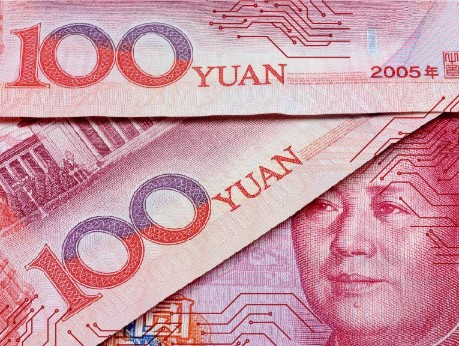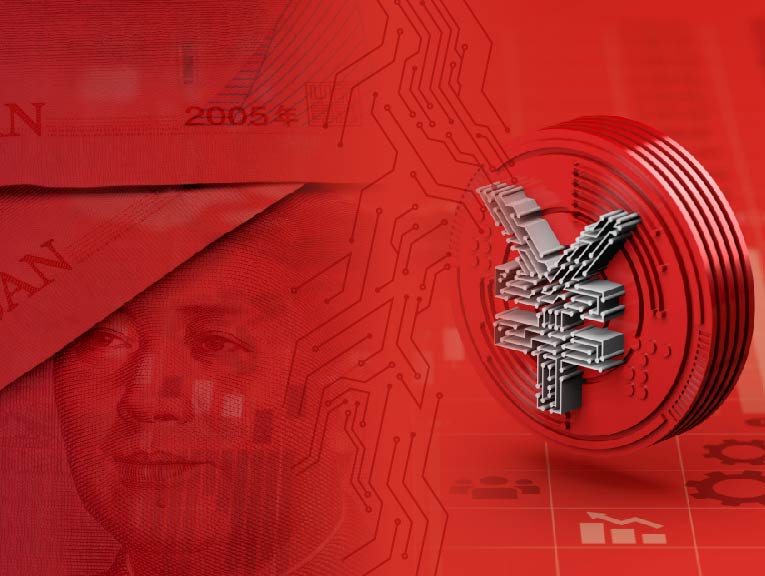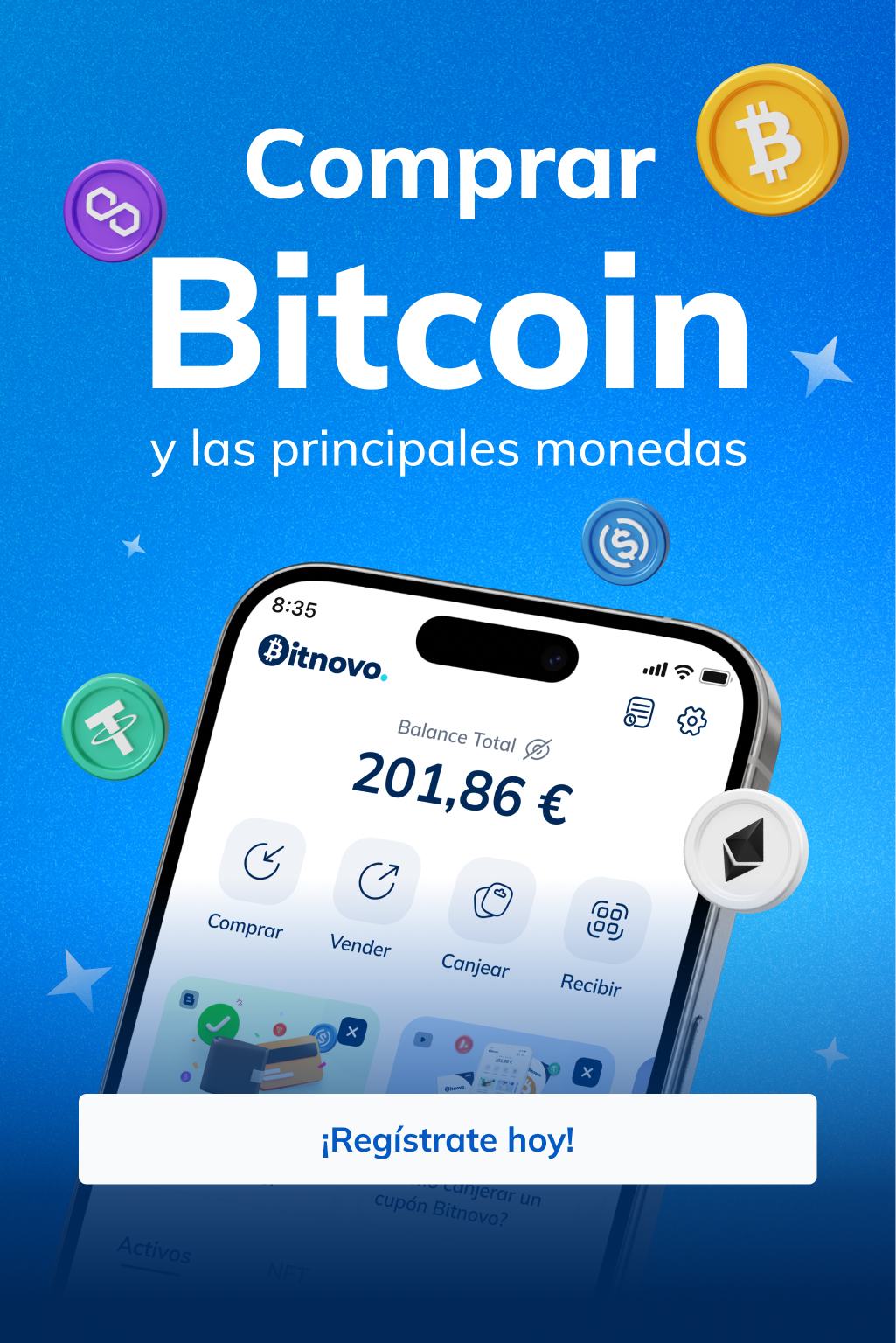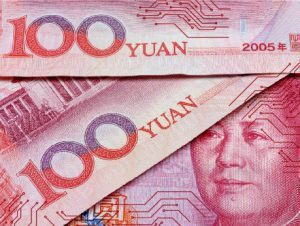
Table of Contents
ToggleBefore writing this article, I tried to ask my father if he knows what e-RMB is and he replied “Is it a character from Star Wars?” I think you mistook it for R2D2, so I’ll send you to read this article as soon as I’m done.
They are clearly not the most accurate acronym to name a currency and better not to mention the full name: electronic renminbi. I think it is easier to pronounce the names of the players of the Slovak national football team.
But hey, let’s get down to business: the electronic Renminbi is the digital version of the Chinese currency issued by the Central Bank of China with the aim of replacing paper bills.
But isn’t the Chinese currency the Yuan? Yes, let me explain better.
Difference between the Yuan and the Renminbi
The reality is that both the Yuan and the Renminbi refer to the same currency. The difference is that the yuan is the unit and the renminbi is the official name of the currency.
For example, if you enter a supermarket in China, all prices are expressed in yuan and never in “renminbi”.
The renminbi means “people’s currency” and emerged in 1948, during the civil war and under the command of the Chinese Communist Party. As of today, the yuan (unit of the renminbi) is equal to 0.12 euros.

The importance of e-RMB
As China is a global power, it is logical that the fact that it promotes a digital version of its currency is a transcendent fact at a global level that will have considerable implications in all economies.
This launch is likely to be a direct response to the United States of America, a recognized Chinese enemy in the trade war. Recall that since 2018, various tariffs have been imposed from the White House as a sanction for alleged illegal “practices” in the eastern country, including the famous case of the Huawei company.
When it seemed that a truce had been sealed on January 15, we again find strong crosses between the two, recently due to the case of the Tik-Tok platform and Trump’s order to ban it from his territory.
Although information regarding the Chinese digital currency is scarce, given the level of secrecy of the Chinese government, it is public knowledge that tests of the electronic renminbi have been initiated in various cities such as Shenzhen, Suzhou, Chengdu, as well as in a new area south of Beijing, Xiong’an.
This process has been accelerated since the announcement of the launch of Libra (Facebook’s cryptocurrency), which the Chinese government considers as a direct competitor to the electronic Renminbi.
Characteristics of the e-RMB or “digital yuan”
The information we have so far is that the Electronic Renminbi uses blockchain technology (the same technology that cryptocurrencies use) and will allow person-to-person (P2P) transactions instantly.
The fundamental difference lies in the fact that although it will be a P2P exchange network, it will be endorsed and regulated by the Chinese government. This debunks a very important characteristic of cryptocurrencies, their decentralization, and separates the Renminbi from cryptos such as Bitcoin, Ethereum, etc.
No one can be happy or sure if the Chinese Government has the power to monitor or regulate the transactions carried out, so this point is a disadvantage that is worth clarifying. It is also important to remember that China, during all these years, China has maintained a hostile stance towards cryptocurrencies and companies that have sought to promote decentralization in the territory.
This increases mistrust of the Chinese crypto asset, although it is also important to analyze the advantages that this development can bring and among which is the improvement in the ease of use of money or the speed of transactions.
As disadvantages, in addition to the aforementioned centralization, we can add the investment that the Chinese government implies to create and maintain a network of these dimensions.
Although the launch of the E-RMB has not been made official, these pilot tests demonstrate the concern of the eastern government not to be relegated in the field of cryptocurrencies. We could also see this reflected in our article on which countries lead the adoption of cryptocurrencies where China is very well positioned.
Surely in the coming weeks we will have more news about the Renminbi and you can find it here, on the official Bitnovo blog.
If you are my father and you have reached the end of the article, I take the opportunity to tell you that I have borrowed two beers from the fridge. Regards.






